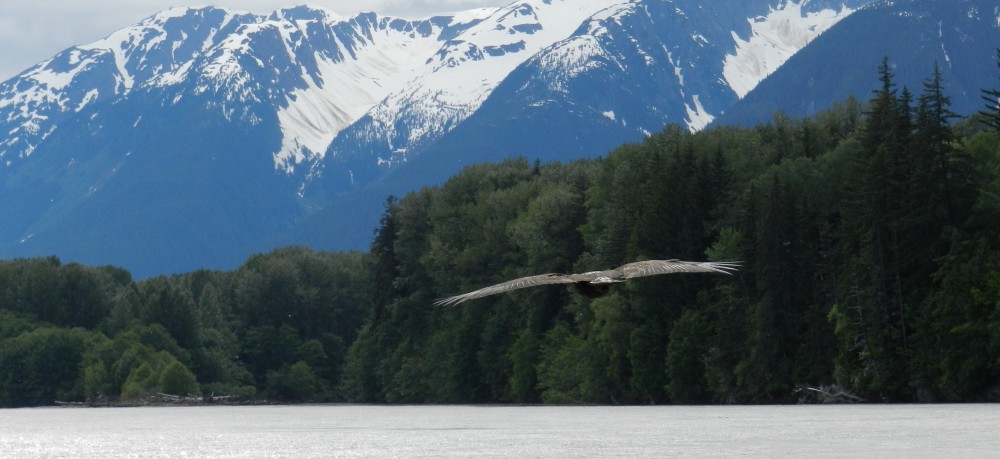Our paper “Adapting Forest Management to Climate Change: Experiences of the Nisga’a People” has been selected to be featured in the Open Access BioOne EarthDay2021 Collection. All articles are freely available through June 30, 2021!
On April 22, people around the globe will celebrate #EarthDay. We’ve curated this special collection of articles addressing critical environmental themes: https://t.co/JY2viO9vh0. Articles are freely available through June 30. #RestoreOurEarth #EarthDay2021 #EarthDayisEveryday pic.twitter.com/HoSQhkeuoa
— BioOne (@BioOneNews) April 19, 2021
Many thanks to our research collaborators in the Nass Valley and the @WWN_Institute, especially to Dr. Deanna Nyce (@NyceDeanna), my friend Irene Squires (@Hagwilook), and my loving wife Estefania Milla-Moreno (@ea_mimo) for all their support during fieldwork and afterward.
HIGHLIGHTS
• Non-Indigenous forest management was disastrous for the ecology of the Nass Valley area.
• Non-Indigenous forest management showed no recognition of, or respect for, Nisga’a traditional approaches to land management.
• Traditional Nisga’a resource management is a resilience-oriented management approach.
• Future approaches need to be based on Indigenous people’s knowledge and rights while at the same time utilizing valuable knowledge from non-Indigenous sources.
• An inclusive management approach focused on restoring ecosystem function can enhance Nisga’a forest resilience.

